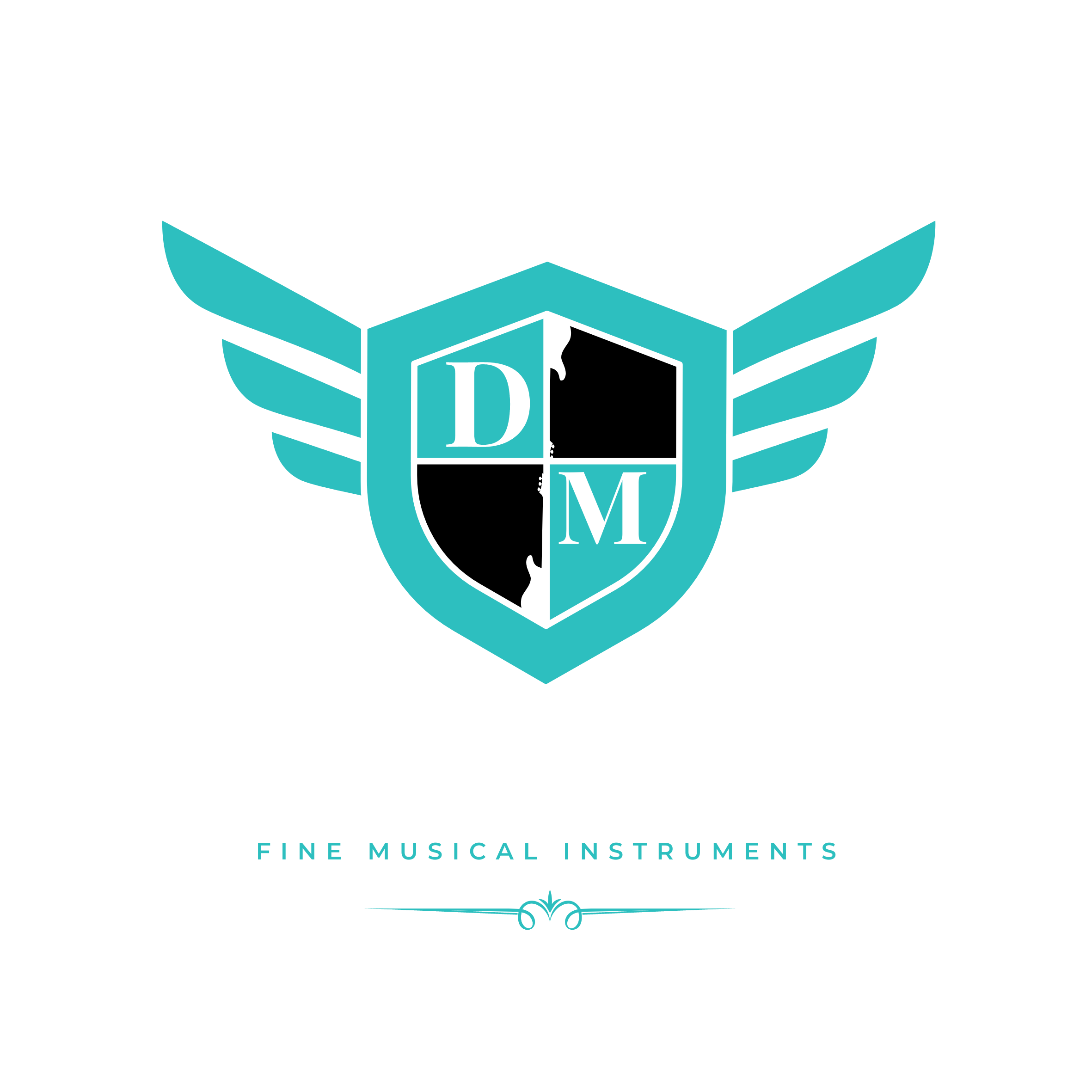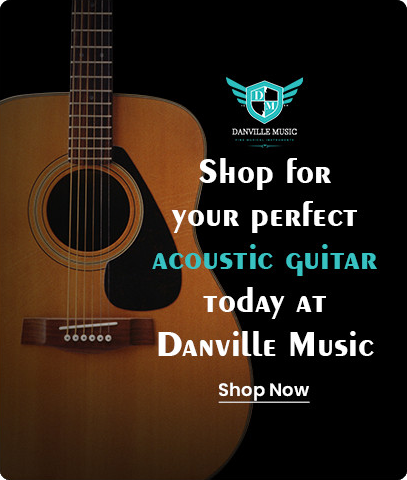
Aslan Freeman is an amazing musician from North Carolina who now works with Lainey Wilson as her guitarist/music director/band leader. Lainey Wilson has become one of the biggest (if not, THE biggest) new artists in the Country Music scene.
In the past couple of years, Lainey has received seven Country Music Association Awards, including winning their top honor, Entertainer of the Year, in 2023. She has also received a Grammy Award and six Academy of Country Music Awards.
I had the pleasure of touring with Aslan when my band, “The Trophy Fire,” did an East Coast tour with Aslan’s band, “Unifier,” in the summer of 2013. It was great catching up with him and hearing about how he transitioned from touring in an indie rock band to working with Lainey Wilson.
Adam:
Tell me what happened between the time that my band, “The Trophy Fire,” and your band, “Unifier,” toured to when you became part of Lainey Wilson’s band.
Aslan:
That last East Coast thing we did with y’all [June of 2013] was one of the last longer runs that we really did with Unifier. As we started slowing down on the road stuff, I started producing more in my free time. Everybody was just settling down. Gradually, it turned into, “Oh, I’m just producing all the time now.” That was when Curt [guitarist for North Carolina-based band “I Was Totally Destroying It”] called me to run sound for his band at Deep South [an event production/music management company based in North Carolina that owned a venue at the time]. Curt was one of the only sound engineers on staff, and it was an important show, so I got pulled in.
Adam: Sounds like a rough grind. When did things start to gain momentum?
Aslan: Dave, who runs Deep South, signed an artist named Kasey Tyndall. He had her start coming out to our house to write and record songs because she hadn't co-written or recorded a lot. I think she was 17 at the time, and she had also never really played with a band before. Deep South had booked her to open for Charlie Daniels at the state fair, so our 90’s cover band started doing gigs with her around North Carolina. She'd guest on some 90’s stuff, we'd add some more country tunes to the set, and also play some of her originals.
That turned into me also working at the bar 3 or 4 nights a week. So I’d be doing sessions at home starting at 11 every day, and then, say on Thursday, Friday, Saturday, cutting them short so that I could leave the house around 5 to go open the bar. I did that for a couple of years, but you know how it is—I was literally working almost 24/7 for like $20,000 a year. Killing myself for nothing.

Adam:
Sounds like a rough grind. When did things start to gain momentum?
Aslan:
Dave, who runs Deep South, signed an artist named Kasey Tyndall. He had her start coming out to our house to write and record songs because she hadn’t co-written or recorded a lot. I think she was 17 at the time, and she had also never really played with a band before. Deep South had booked her to open for Charlie Daniels at the state fair, so our 90’s cover band started doing gigs with her around North Carolina. She’d guest on some 90’s stuff, we’d add some more country tunes to the set, and also play some of her originals.
As Kasey started coming to town more, she needed a place to crash regularly, which ended up being with Mandelyn [Monchick, now Lainey Wilson’s manager] at her parents’ house. Mandelyn at the time was doing some sort of intern/runner work for Deep South and another venue that those guys owned, a big country bar called City Limits. Eventually, Kasey decided to drop out of nursing school at ECU and move to Nashville. So Deep South asked Mandelyn if she was willing to move with her for the summer and help her get settled in.
One night in maybe 2015, Curt and I were running sound together at City Limits, and I got a text from Mandelyn and Kasey like, “Hey, our friend Lainey’s playing tonight. You should say hi!” or something like that. Lainey was playing acoustic, and the headliner’s drummer and bass player were backing her up as a little trio with like a mini drum kit and a little bass amp. I remember thinking she was good. She had a lot of energy, great voice, and the songs were solid, but it wasn’t like this magic moment where I was thinking, “Oh my God, this person is going to be famous.”
From there, I knew I still wanted to tour but most people I knew in NC weren’t interested. Mandelyn and Kasey had been in Nashville for about a year, so I ended up deciding to try that out, and started filling in for Kasey’s band anytime one of those guys couldn’t make it out from Raleigh for a show. One of my trips out while I was looking for a place to live, Lainey was playing a writer’s round, so we all went to check that out.
Lainey had clearly written a shit ton of new songs in the course of that year, and the ones that she played that night were infinitely better than what I’d seen her play before. I was like, “Man, I’ve been so burned out on music because I’m producing so much that I don’t remember the last time I felt this way.” You know, that feeling when you go to a show and the band is so good that you’re like, “God, I wanna get on stage right now and play with them.” Or when you stumble onto a new song that just hits you the right way, and you have to keep listening to it for 30 minutes straight. You know?
Adam:
Yep. When you’ve been in the trenches working with music and something special gives you a physical reaction, it’s magic.
Aslan:
It was that. It had been forever since I felt that way. So I just told her, “Hey, I’m moving here in about a month. I have capabilities as a producer. I don’t know if that’s what I’m gonna do here or not, but I think you’re great, and if you need anything call me.”
I ended up moving in September of 2016, and around November she called me and said, “I think I’ve got 5 songs I like enough to start working on demos.” I was in a tiny mixing room at the time. It was basically a closet. I was programming drums and playing everything else and trying to figure out how to make it sound pretty believable and pretty good pretty fast. At the time I was thinking, “This is kinda fun. I get to work by myself, it feels very rewarding, I’m really liking writing and playing all the parts. I’ll be a demo guy. So I’ll write songs with artists and do great sounding demos.”

Adam:
That’s fantastic. So you went from producing and engineering Indie Rock and Punk to doing Country. I’m assuming you didn’t grow up with Country music?
Aslan:
I mean I grew up around country music, but I never played it. Friends’ moms listening to Garth on the radio up through high school, you know. Every party, we were probably just out on somebody’s land with a grill and a bunch of trucks circled around a fire blasting some blend of country and hip hop. That was kind of what everybody listened to. I just went way more down that indie rock route. That being said, growing up as a kid, I was basically only into Michael Jackson. That was all I cared about.
Later in high school and into college, I started realizing what things Michael Jackson and some of my favorite punk bands had in common. I noticed ideas in Deftones and Brand New songs that were similar to some of the choices in Michael Jackson records. So now the question became—where is that in country? How do you apply that in country? I’m used to playing these kinds of guitar licks this certain way, but now how would a country player or session musician approach them? I was just trying to find songs I liked on Spotify’s “New Boots” playlist every day at the studio to figure out how the current “up and coming” country landscape sounded.
Adam:
Your tone is great. I know you have several guitars, but if you could pick 3 guitars that you use most, which would those be?
Aslan:
I have the Jason Isbell Tele model that Fender makes, and that guitar is awesome. I love playing that.
Adam:
Does it have the new Jason Isbell pickups in them? Because I know they’re starting to sell them separately.
Aslan:
Yeah. They’re the hotter wound pickups. I open the show with that on a few songs now. It feels great. It’s the first time I’ve really played a proper Tele in our show. For a lot of the stuff on Lainey’s records that maybe would traditionally be Tele or even still really sounds like a Tele, it’s often Rob [McNelley, session guitarist] using a Gold Top Les Paul. I also have a Tele Deluxe that I played most of last year that they got for me the first time we filmed for the TV show “Yellowstone.” I had asked the backline guy, “Hey, we’re supposed to be a bar band, so do you have anything that’s really distressed?” And he was like, “Not really, but I’ll go to my buddy’s shop and find something.” So he got this relic’d Tele, did a little work on it, and it played and sounded great. At the end of the day, I was like, “In what world am I not gonna wanna have the Tele that I played on Yellowstone?” Plus, I like having something Fender with humbuckers so I don’t step on Kevin’s Les Paul sound, and then something Fender with the traditional Tele setup when it’s called for.
Then I’d say something with P-90s is usually my 3-guitar solution. I do have a gold top that Agile makes, it’s a great guitar and pretty inexpensive, and a thinline Tele with Gibson gold top electronics in it. I also recently bought this prototype from a company called Fax. They made this prototype for a guitar that they’re now selling under the name Artemis, I think. Apparently, the P-90s in it are just some kind of cheapo ones he threw in there when he was working on it, but I don’t wanna replace them because they sound awesome. Fax and Copacetic Customs on Instagram are really killing it with some creative offsets right now, and I’m definitely planning to get something else from them.

Adam:
Cool! What are the amps and overdrives you’re typically using now?
Aslan:
I’m running a Fender Twin and a Vox AC30 in parallel, basically. The Twin’s obviously loud and clean. A lot of punch to it, both on the top end and the low end. The AC30 I have set in a kinda hilarious way, which is low input on the top boost channel. Just enough input gain for it to break up when you really spank a chord. I actually have the treble at 0 and the bass at, like, 4. It adds a more pleasing character to the midrange and compliments the Twin with how it compresses on breakup.
For dirt, I like to have 4 gain stages on my board to kinda play with. I’ve got this fuzz that a guy named Rick Crownover makes. You can just hit him up on Instagram, I think they’re $100, and it’s a 4-stage fuzz. It just has a selector on top that toggles four stages of clipping, so you can choose from clean and spitty, low gain, medium gain, high gain fuzz, and a volume knob on the side.
Adam:
So are you using that more as an overdrive pedal or are you using it more like a fuzz?
Aslan:
I’m using it kind of as a low-gain DI/board distortion sound mainly, but I’ll also run it in front of another distortion to make it sound more like a traditional fuzz. If you run that into an overdrive, the two combined are really squishy and nice.
Then I have a Nobles ODR-1 mini that’s set very conservatively. The Nobles is basically just more of an option where if I’m on a clean sound and I want it to break up more when I dig in, it adds a bit of grit. That pedal’s got a great bottom end on it too, so it opens up both the top and bottom end a little bit more, just gives you a slightly fuller sound. Great pedal.
Then I have a few cheap clones of dual overdrives that have made their way through the other gain spot on the board. Right now, it’s a DemonFX Dual Gun. I think I have one of their King of Tone clones too. Basically, you get two sides of the same or very similar circuit.
I run one low gain a little dark, and one high gain a little brighter. I could stack all 4 dirt pedals together if I wanna get really crazy, but usually, I’m using them where if the Dual Gun is too boring or mid-rangey for a song, then I can throw the fuzz in front of it to give it some life. If I want it bigger or more aggressive, I can throw in the ODR, or if one guitar is a little quiet and I need to fix it on the fly, I’ve got an EP booster at the front of the whole board.
Adam:
The Xotic pedal EP booster? Those things are fantastic.
Aslan:
Yeah. Nothing makes a Tele sound better than that.
Adam:
I know you’re stupid busy. Thanks for taking the time for the interview.
Aslan:
Of course, man, thanks for having me!
Trending Posts
Recent Posts
Taylor Guitars in the San Francisco Bay Area
February 17, 2026
Best Guitar Amps Under $1000 for 2025
December 09, 2025


 Adam Schuman
Adam Schuman




